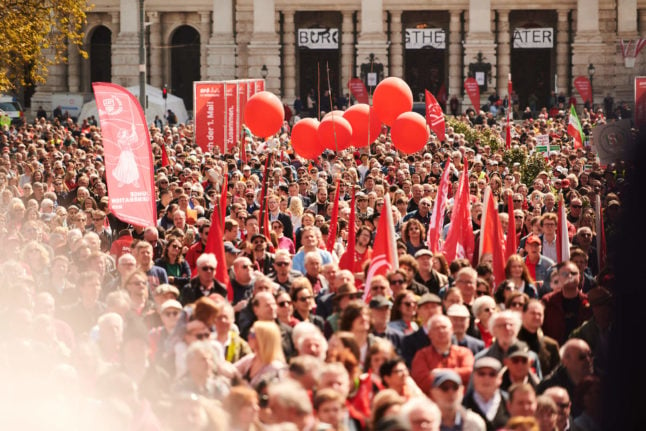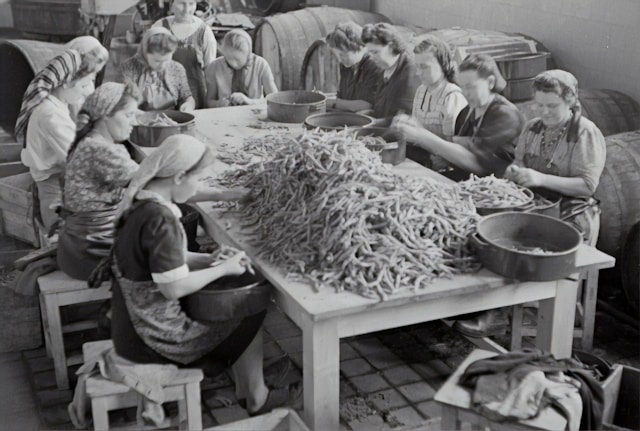In Austria, you can participate in a wide range of different therapy methods through both public and private practitioners. Here is what you need to know about the different options.
Public Therapy
To access therapy with a public health insurance therapist in Austria, you need a referral from your Hausarzt confirming your need for this kind of service.
The cost of therapy with a public practitioner in Austria can vary depending on factors such as the therapist’s qualifications, location, and your specific insurance fund.
In general, if you are covered by the most common public insurance fund, ÖGK, you can access therapy with a public therapist and receive a reimbursement of around €35 per hourly session. Other funds have different reimbursement scales, and some private healthcare funds may cover more of the cost. It is important for each patient to check with their specific fund.
Regarding availability, it can sometimes be challenging to get an appointment with a public therapist.
Some patients wait for many months, and the waiting time can vary depending on factors such as the urgency of your needs and, of course, the therapist’s availability. If you want to get an appointment as soon as possible, it is a good idea to sign up on the public therapist waiting list.
READ ALSO: EXPLAINED: How the Austrian healthcare system works
Private Therapy
If you are looking for a private therapist, you are likely to receive help sooner. You do not need a referral and can contact the therapist yourself. This may contribute to more effective care, but it also comes with a higher price.
A one-hour session with a therapist costs around 80-150 euros, the price vary depending on factors such as the therapist’s fees and the type of treatment. If you are insured under the Austrian public health insurance system (ÖGK) and choose to see a private therapist, you typically pay for the sessions entirely yourself.
Some private insurance plans might cover the cost of private therapy sessions, which may make it beneficial to sign up for a private healthcare fund. The degree of coverage often depends on each patient’s specific case and insurance package.
Popular private insurance funds in Austria include Allianz and UNIQA, through which you can request more information about possible coverage.
English-Speaking Therapists
There are many English-speaking therapists in Austria, although they are more common in larger towns and cities.
Unfortunately, in more rural regions, it can be difficult to find an English-speaking therapist. However, many mental health practitioners offer their services online via video calls, a trend that increased during the 2020 pandemic.
When you visit your Hausarzt to discuss your therapy plan, you can ask them to refer you to an English-speaking therapist. If you instead prefer private therapy, you can search online for a therapist speaking your desired language.
READ MORE: Everything foreigners need to know about the Austrian healthcare system
Useful links for finding a therapist in Austria
Below are three organisations in Austria responsible for regulating the practice of psychotherapy and maintaining lists of registered therapists on their websites.
European Association for Psychotherapy




 Please whitelist us to continue reading.
Please whitelist us to continue reading.
Member comments